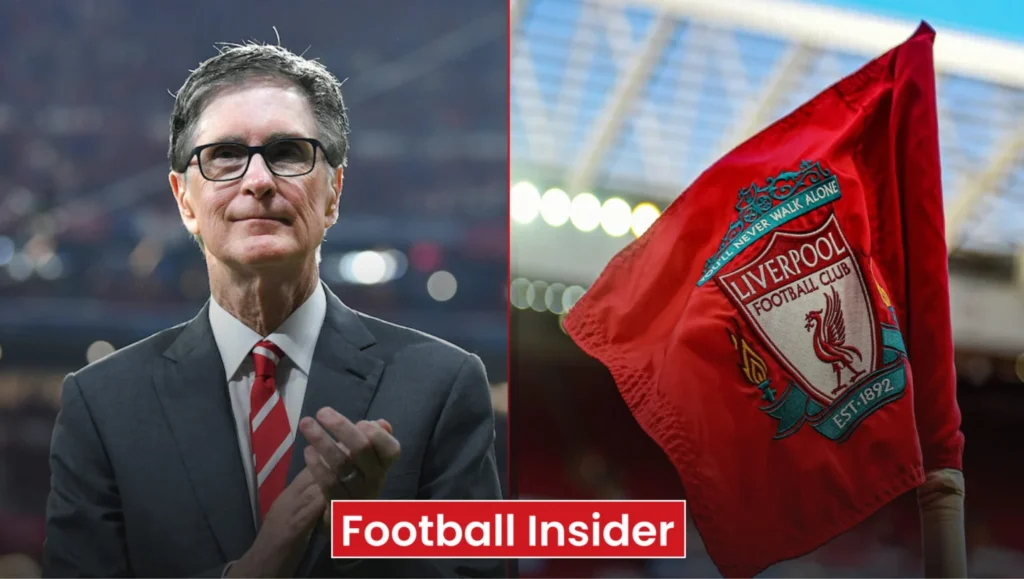FSG, the owners of Liverpool, excels in maximising margins, controlling costs, and making data-driven decisions.
It is difficult to be objective in a sport that is so emotionally driven. But FSG approaches everything with the cool rationalism that has helped them build a sports empire worth around £15 billion.
This similar analytical approach upsets many Liverpool fans, despite the fact that Arne Slot’s side leads the Premier League by 11 points in a season that was projected to be a transitional one.
Liverpool will finish the season with a positive net spend and may lose Mohamed Salah, who is dominating the rest of the division with his Egyptian scimitar in one of the all-time great seasons, for free.
With Virgil van Dijk and Trent Alexander-Arnold’s contract issues still unresolved, the Fenway big-picture concept is under intense scrutiny on Merseyside.
But, regardless of the outcome, the Boston-based owners’ strategy will be thoughtful and driven by value.
FSG approaches recruitment and retention with the same analytical methodology as Liverpool’s commercial operation, which generated £297 million in 2023-24, a rather quiet year on the pitch.
Liverpool uses the Nielsen Fan Insights platform to inform their sponsorship, merchandise, and event strategies, among other measures.
Liverpool, like the rest of the great football clubs, is obsessed with commercial revenue. At times, this has left bedrock supporters feeling alienated and skeptical of FSG’s US franchise-style ownership model.
These fans are particularly concerned about ticket prices and their impact on Anfield’s semi-mythologised atmosphere.
When John Henry, the principal owner of FSG, claimed in 2016 that opposition to increasing ticket prices was a barrier to Anfield’s development, fans reacted strongly.
In the end, FSG backed down and privately funded the Anfield Road and Main Stand improvements.
Liverpool to break matchday income record despite price freeze, says football finance expert
Bucking the trend, Liverpool announced last week that general admission and season ticket prices would be frozen for 2025-26.
Liverpool earned £114m through the turnstiles last season, which was a new record for the club.
Across the division, clubs have recognised that media income is relatively static and the commercial market is ultra-competitive, so matchday income is seen as a key growth area.

However, according to Liverpool University football finance expert Kieran Maguire, Liverpool won’t lose any ground in the matchday income arms race as a result.
“Yes, I’d expect there to be a rise in matchday income regardless of this,” said the Price of Football author, speaking exclusively to TBR Football.
“First, there’s the Champions League expansion. Liverpool are in a strong position to make progress this season and next.
“If you look at revenue per fan, Liverpool is at the top. Even if general admission ticket costs remain frozen, the figure would rise due to hospitality and the business sector.
“I’ve spoken with executives who pay for hospitality and similar products, and the increase has nearly doubled in the last few seasons.” That suggests that FSG has acknowledged they have a very popular product.
“The business sector is willing to pay for the elite end of the Premier League, and Liverpool very much fits that bill.
“At Bayern Munich, for example, they make as much money from the 10% they sell to corporations as they do from the remaining 90%.
“Those 90% of supporters create the environment, while the remaining 10% bask in its reflected brilliance.
“Anfield’s enlargement has not resulted in a major increase in matchday ticket costs.
“It is excellent that they have been frozen, but they have not been frozen from a low foundation, with the exception of the fantastic children’s ticket rates. However, they have read the room on this and deserve credit for doing so.”
How significant is Anfield cash for FSG and Liverpool?
Some supporters believe that matchday income has little impact on ultra-rich football clubs.
That is not the case, however, as Maguire points out, the main money is now in the hospitality industry.
There is understandable opposition to growing attention on the business sector in sport, particularly at clubs like Anfield, where FSG profit from the atmosphere that ordinary fans produce.
However, if more resources and man hours are required to accommodate the prawn sandwich brigade in order to halt the inflation of general admission tickets, supporters will appreciate the trade-off.
How significant is Anfield cash for FSG and Liverpool?
Some supporters believe that matchday income has little impact on ultra-rich football clubs.
That is not the case, however, as Maguire points out, the main money is now in the hospitality industry.

There is understandable opposition to growing attention on the business sector in sport, particularly at clubs like Anfield, where FSG profit from the atmosphere that ordinary fans produce.
However, if more resources and man hours are required to accommodate the prawn sandwich brigade in order to halt the inflation of general admission tickets, supporters will appreciate the trade-off.
